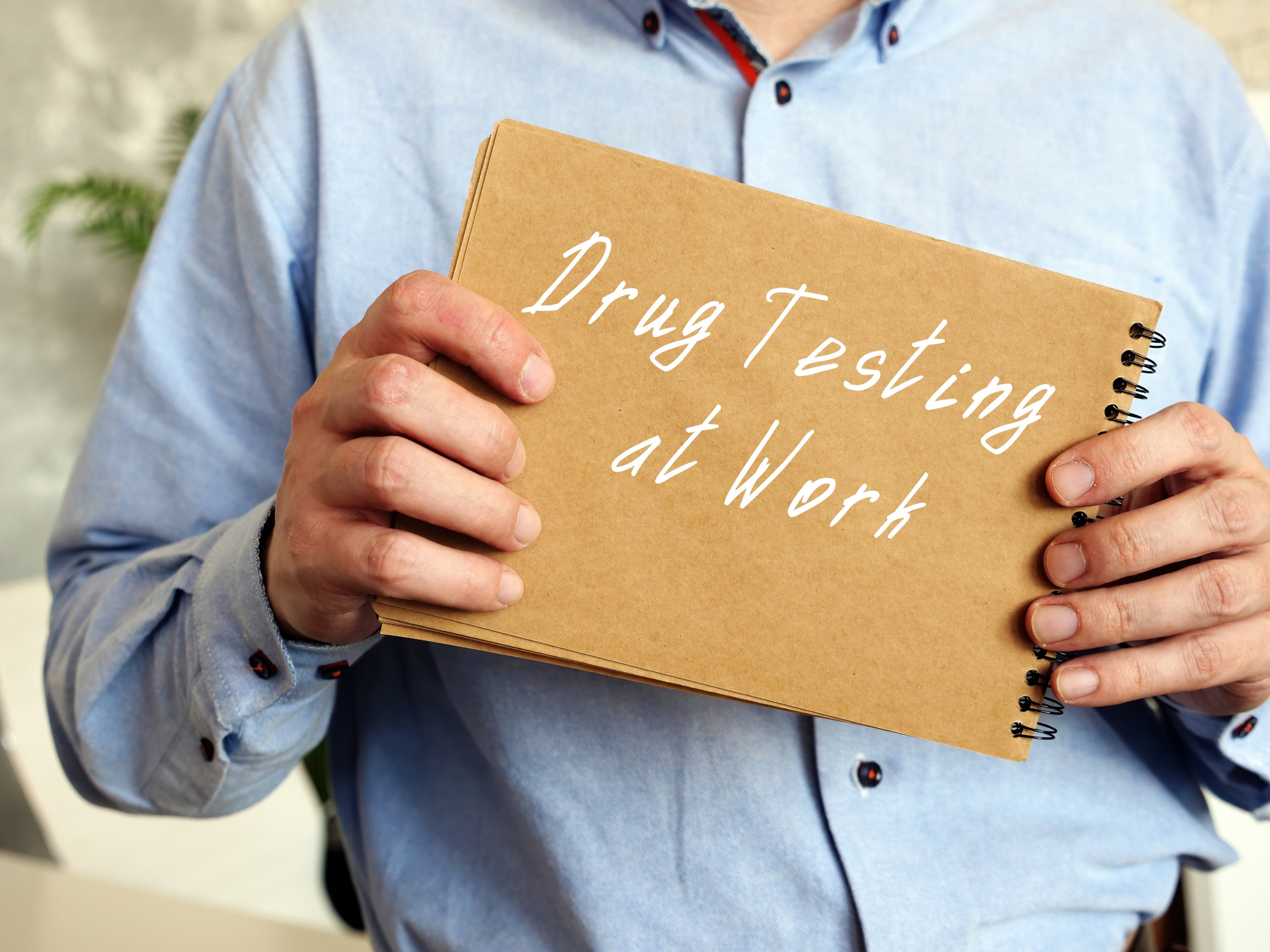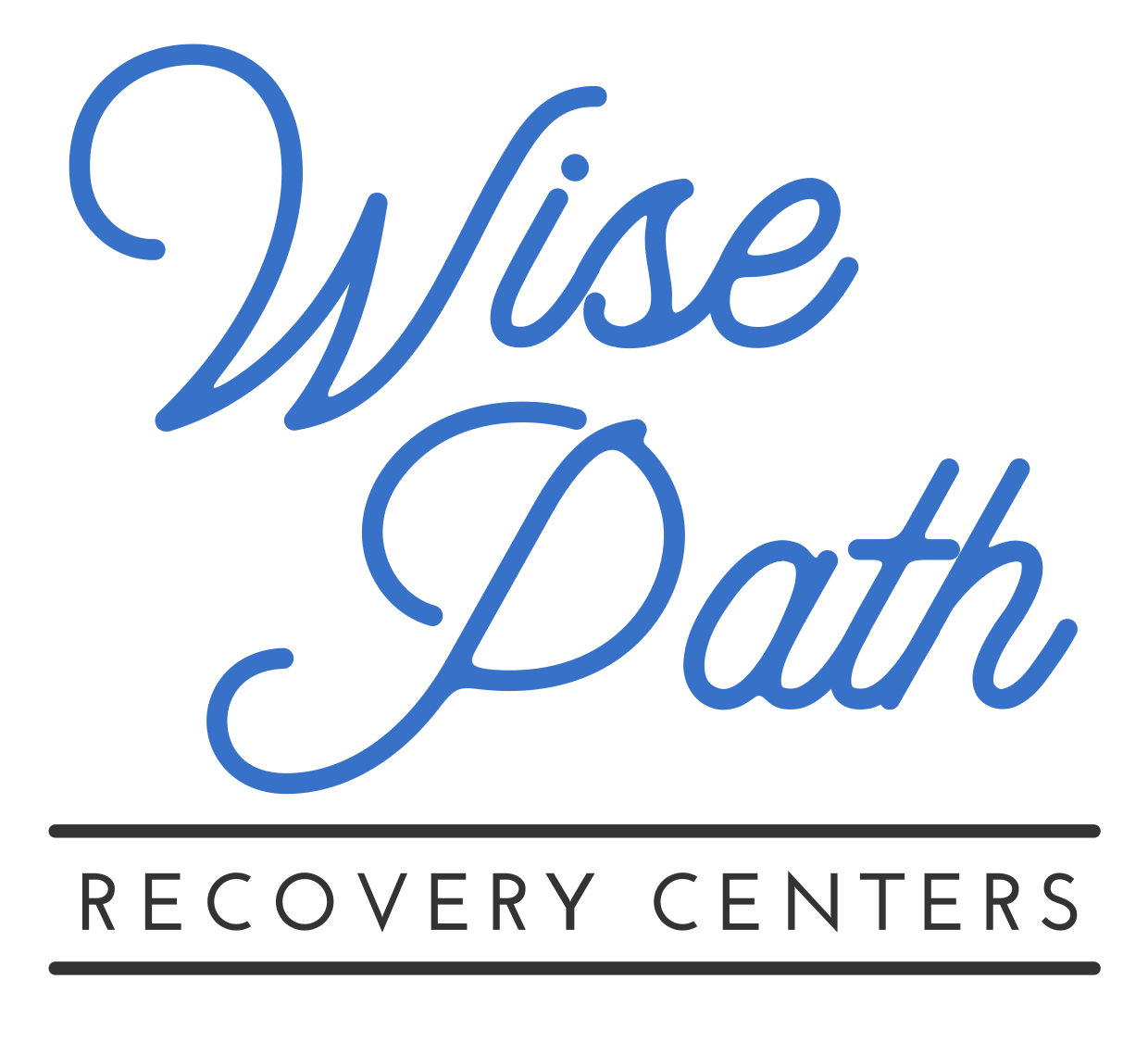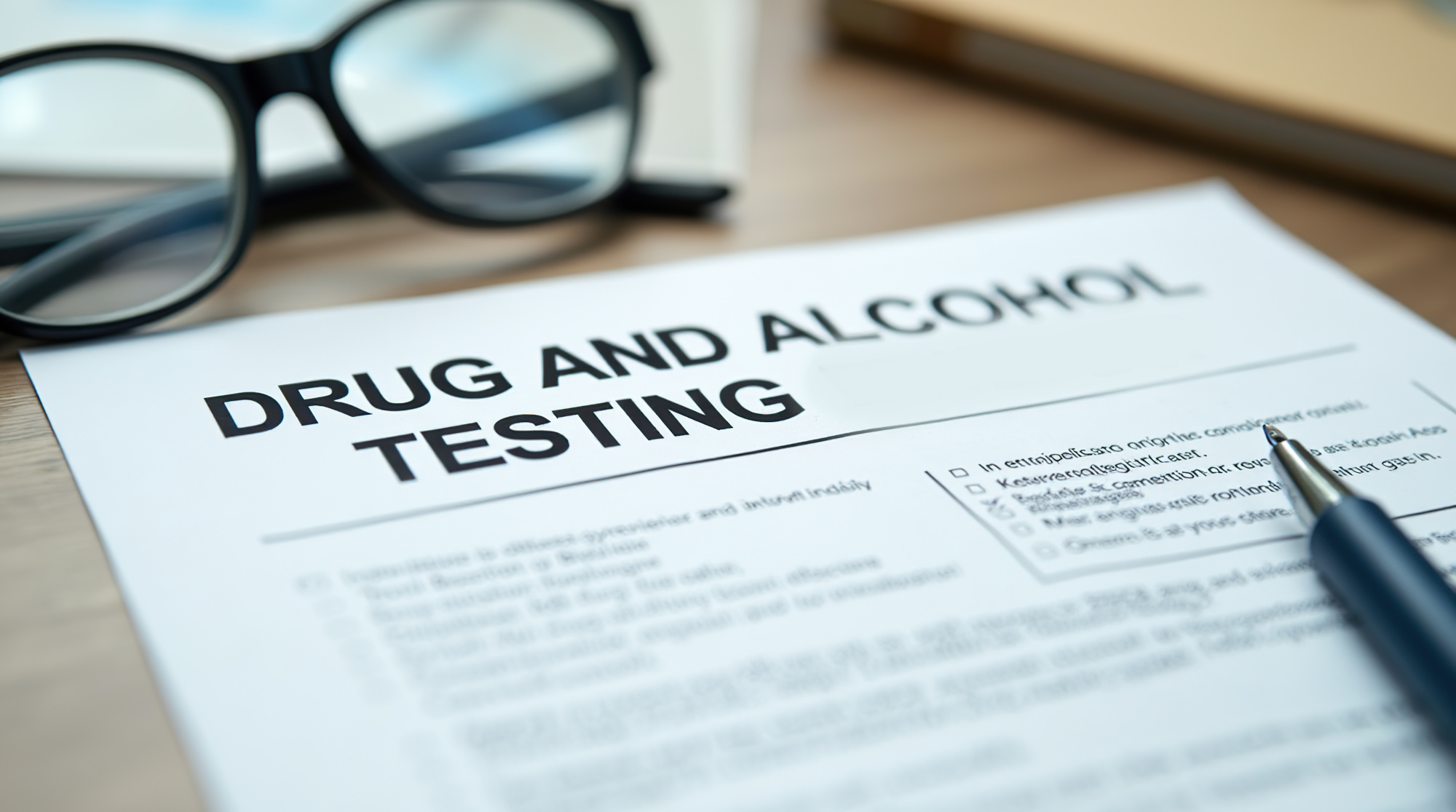Working for the federal government carries a sense of pride and responsibility. Federal employees help keep essential systems running, protect public safety, and maintain the trust of the communities they serve. With that responsibility comes a higher standard of accountability, including regular, sometimes random drug testing. But how often do federal employees get drug tested? What drugs are tested by different agencies? Keep reading to understand the details of federal drug testing, ease uncertainty, and ensure you are prepared.
The High Standards That Come with Federal Employment
Federal jobs are built on trust, reliability, and consistency. Whether you work in law enforcement, administration, healthcare, or national security, your position represents a commitment to public service. These expectations are part of why federal positions include rigorous background checks and strict testing policies.
While undergoing a drug test for federal employment may feel intimidating, these standards exist to protect both employees and the public. Knowing what is required helps reduce anxiety and allows you to focus on performing your job with confidence.
How Often Do Federal Employees Get Drug Tested
Drug testing frequency depends on the agency, security clearance level, and type of position. Most federal employees are tested before being hired, and some are subject to random or scheduled testing throughout their careers. Jobs in law enforcement, national security, and transportation are tested more often, while office or administrative staff are usually tested only during hiring and again only if there is an accident or reasonable suspicion.

Types of Federal Drug Testing and When They Happen
The question, “How often do federal employees get drug tested?” is one thing, but employees should also consider which tests are conducted. Federal agencies use several types of drug testing depending on job role and circumstance, which can include:
- Pre-employment testing: Conducted before hiring to ensure eligibility.
- Random testing: Used for safety-sensitive or high-security positions.
- Reasonable suspicion testing: Occurs if there is evidence of substance use on the job.
- Post-accident testing: Required after certain workplace incidents.
- Follow-up testing: For employees returning to duty after treatment or a previous positive result.
Understanding these testing types helps employees stay informed and compliant without fear or confusion.
What Drugs Are Tested for Federal Employment
Federal employment drug testing follows standardized procedures set by the Substance Abuse and Mental Health Services Administration (SAMHSA). Most agencies use a five-panel test that screens for:
- Marijuana
- Cocaine
- Amphetamines
- Opiates (including heroin and prescription painkillers)
- Phencyclidine (PCP)
Some agencies may add substances depending on the position. Tests are typically conducted through urine samples, though hair or saliva testing may also be used.
Drug & Alcohol Rehab and
Addiction Treatment in West Virginia
Get in touch with our recovery center today at 866-860-9772
What Happens If a Federal Employee Fails a Drug Test
Failing a federal drug test can lead to serious consequences, but the results depend on your role and willingness to seek help. Applicants may lose a job offer, while current employees could face suspension or mandatory treatment. Many agencies now focus on rehabilitation over punishment and may refer employees to an Employee Assistance Program (EAP) for confidential support. Taking responsibility and entering treatment can often lead to better outcomes and help preserve your career.
Why Federal Employees Are Held to Stricter Standards
Federal employees are trusted with sensitive information, public safety, and decisions that affect communities across the country. These roles require a higher level of accountability and reliability. Drug testing helps ensure employees can perform their duties safely and maintain public confidence.
These policies are not designed to punish but to protect both workers and the integrity of federal operations. Maintaining compliance helps ensure safety, trust, and stability across departments. If the question, How often do federal employees get drug tested is a source of persistent worry for you, it might be a signal to seek help, undergo therapy, or consider substance abuse treatment.
Drug & Alcohol Rehab and
Addiction Treatment in West Virginia
Get in touch with our recovery center today at 866-860-9772
How Wise Path Recovery Can Help You Rebuild Confidence
If you’re worried about federal employee drug testing, Wise Path Recovery Centers can help. From answering questions to exploring alcohol and drug detox, we help professionals regain control of their health and careers. We offer compassionate, evidence-based care combining therapy, medical support, and holistic treatment to promote lasting recovery while maintaining work-life stability. If drug or alcohol use has begun to affect your job or peace of mind, our team can help you take the next step toward balance, confidence, and long-term success.
FAQ About Federal Employee Drug Testing
Do all federal employees get drug tested regularly?
No, not all employees are tested often. Testing frequency depends on the job and level of responsibility. Roles involving safety or security tend to be tested more frequently, while many administrative positions are only tested during hiring or under specific circumstances.
Is drug testing required before being hired for a federal job?
Yes, most federal positions include pre-employment testing. It’s part of maintaining a safe and trustworthy workforce. Knowing this ahead of time can help you prepare and reduce anxiety about the process.
Can a federal employee refuse a drug test?
You can refuse. However, it’s important to understand the consequences. In most cases, refusal is treated the same as a failed test and may affect your employment. If fear or uncertainty is influencing your decision, reaching out for guidance or support can help you move forward with confidence.
Are prescription medications allowed during testing?
Yes. If you take prescribed medication, you can provide your doctor’s documentation to explain the results. Being honest and proactive about your prescriptions protects you and ensures your test is reviewed fairly.
Can treatment help after failing a federal drug test?
Absolutely. Many federal agencies view treatment as a legitimate action to take responsibility. It also illustrates that an employee is serious about addressing substance use, and many agencies encourage an employee’s choice to seek treatment. In short, getting treatment can help you regain stability, rebuild trust, and protect your career in the long run.

